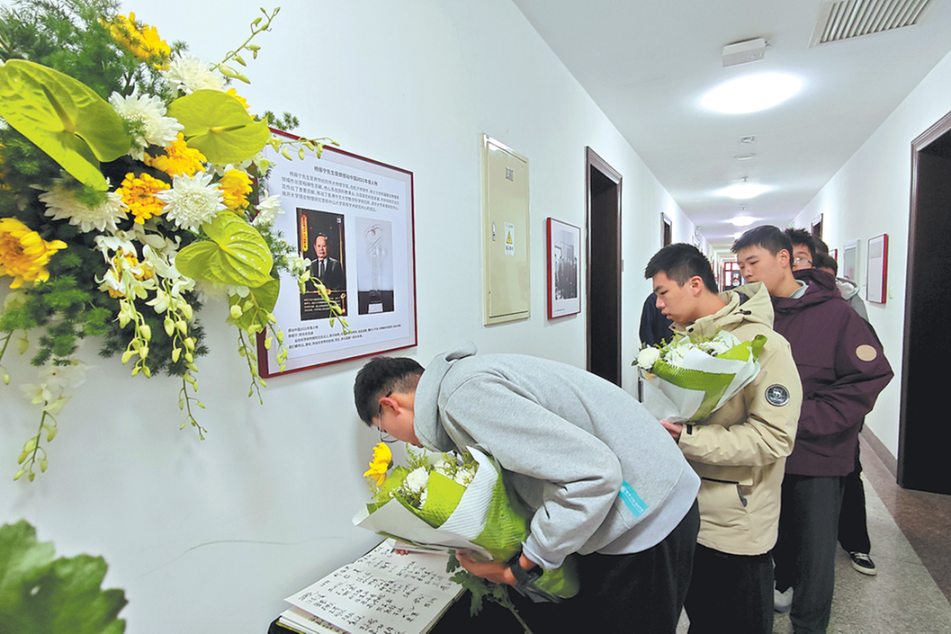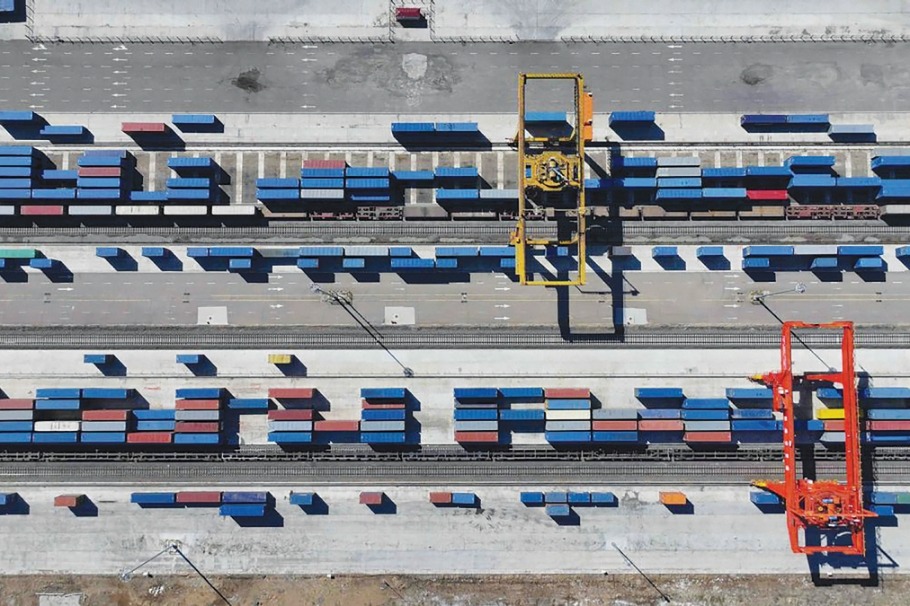Blueprint for coming years holds opportunities for HK


Proposals for China's 15th Five-Year Plan (2026-30), expected to be announced after the fourth plenary session of the 20th Central Committee of the Communist Party of China from Oct 20 to 23, are poised to place the country firmly on the path toward Chinese modernization and national rejuvenation.
This 15th Five-Year Plan represents a pivotal phase in a journey that began with the 14th Five-Year Plan in 2021, which sought to accelerate Chinese modernization through a combination of strong Party leadership and effective use of market forces. Over the past five years, China has deepened economic liberalization, fostered entrepreneurship, diversified trade and investment, expanded free trade zones, and accelerated technological development. These measures have laid a solid foundation for harnessing "new quality productive forces", particularly artificial intelligence, to enhance the country's competitiveness and innovation capacity.
The results have been remarkable. Trade between China and its Belt and Road partner countries soared to $3.1 trillion in 2024, accounting for 50.7 percent of the country's total trade, up from 45.3 percent in 2021. China also made major strides in its green transformation. According to the International Energy Agency, China invested $625 billion in clean energy in 2024 — nearly one-third of global spending — covering renewables, electric vehicles (EVs), nuclear power, green fuels, and smart infrastructure.
But as China enters the 15th Five-Year Plan period, new challenges loom. Rising protectionism, unilateralism and geopolitical tensions threaten global stability. Domestically, China must better safeguard national security, reinforce economic resilience, and tackle demographic and consumption-related challenges. The next phase of development must focus on strengthening the social fabric and ensuring sustainable, innovation-driven growth.
Internationally, weaknesses in global governance, ranging from the erosion of multilateral systems to the under-representation of the Global South, have prompted China to play a greater leadership role. The Global Governance Initiative unveiled by President Xi Jinping at the Shanghai Cooperation Organization Summit in Tianjin on Sept 1 articulates a vision that is based on five guiding principles: respect for sovereignty, adherence to international law, multilateralism, people-centric governance, and real outcomes. This initiative offers a timely moral compass for a world facing growing uncertainty and ideological fragmentation.
To meet these challenges, China must continue to embrace reform and innovation. Central to the 15th Five-Year Plan will be the development of "new quality productive forces" — technologies and industries that harness the power of AI to drive productivity and improve people's livelihoods. Far from a slogan, this concept signals the dawn of a new industrial revolution. Just as steam engines, electricity, fossil fuels and the internet transformed production in the previous eras, AI is now set to reshape every aspect of life, from manufacturing and services to scientific discovery and exploration of the deep sea, the poles, and outer space.
China's technological edge, however, extends beyond AI. It leads globally in EVs, batteries, robotics, and space technology, while advancing rapidly in sectors such as semiconductors, life sciences, innovative pharmaceuticals, aviation and defense. These strengths will enable China to remain a driver of global growth and innovation in the years to come.
At the same time, boosting domestic consumption will be critical. According to the World Bank, private consumption accounted for 56.6 percent of GDP in 2024 — about 17 percentage points below the global average. Hence, policies to increase household spending are needed to help release latent demand and balance the economy more evenly across regions and sectors.
As China moves toward a "high-standard market economy", the Hong Kong Special Administrative Region has a vital role to play. Integration into the "unified national market" offers Hong Kong unprecedented opportunities to benefit from the Chinese mainland's continental-scale economy, through technology collaboration or access to new markets.
As one of the world's freest economies and a leading financial center, Hong Kong brings valuable expertise in modern finance, professional services, arbitration, mediation and global capital access. With deep connections to ASEAN and emerging outreach to the Middle East, Latin America and Africa, the Hong Kong SAR can be an important bridge in the mainland's continued modernization and global engagement.
Let Hong Kong stand shoulder to shoulder with the nation as it advances toward comprehensive Chinese modernization and national rejuvenation. In doing so, it will not only strengthen the nation's rise but also secure a more prosperous future for itself.
The author is convener of the Executive Council of the Hong Kong Special Administrative Region and a legislator.
The views do not necessarily reflect those of China Daily.
If you have a specific expertise, or would like to share your thought about our stories, then send us your writings at opinion@chinadaily.com.cn, and comment@chinadaily.com.cn.


































